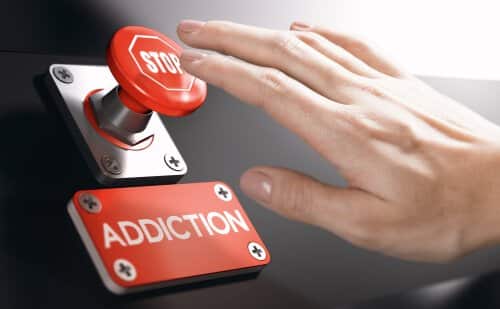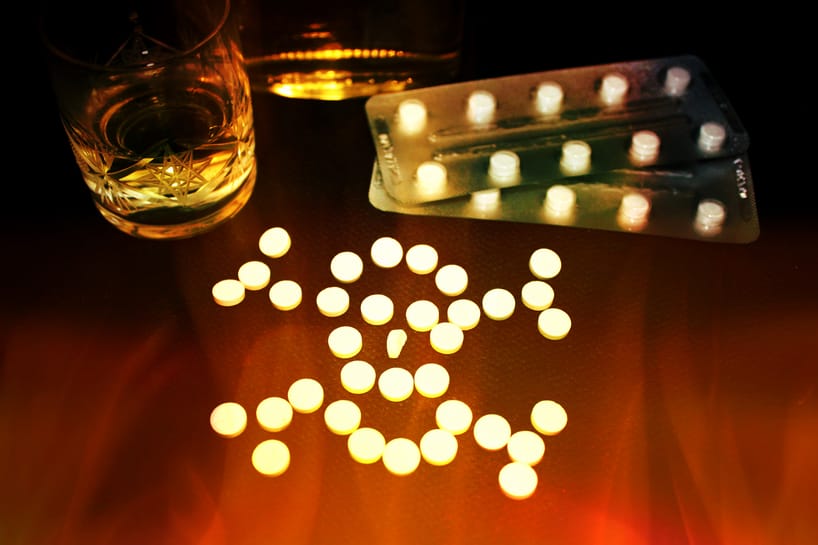Mixing Opiates With ‘Benzos’

According to the National Institute on Drug Abuse, nearly 200 people in the United States die due to opiate overdose every day.
That is of epidemic proportions! Despite various efforts by the federal and state bodies, the epidemic continues unabated.
One of the reasons the opioid overdose deaths continue to rise is because of the influx of fentanyl, which is a synthetic opioid that is 50-100 times more potent than heroin and individuals addicted to opiates spiking the opiate high through the use of another class of drugs called benzodiazepines or benzos.
Benzodiazepines are psychoactive drugs that have legitimate uses in treating a range of mental health illnesses such as anxiety and insomnia. The non-addictive, longer-acting benzodiazepines are also utilized to help individuals addicted to addictive, short-acting benzos and alcohol.
Like opiates, benzodiazepines are also central nervous system depressants. Both opiates and benzodiazepines are used by physicians to help people with genuine ailments. When used together, it can lead to overdose more quickly. Over one-third of all opioid or opiate overdoses happen when they are mixed with benzos.
This combination is dangerous because both drugs cause sedation and slow down breathing to a point where the brain forgets to breathe, causing overdose fatalities. Also, this prescription drug may lead to hard withdrawal symptoms that simply require medical and treatment.
People suffering from addiction often like to mix opiates and benzos because benzos spike the euphoric high caused by opiates. Opiates not only cause intoxication and make a person high but also affect the entire body, which can lead to other illnesses.
When mixing benzos and opiates, the person may experience decreased awareness, confusion, delirium, slow shallow breathing, and nausea and vomiting.
Even though people using both usually know that it is a dangerous combination, they still do it to intensify the high. When people use substances repeatedly, they build up a tolerance and need more or stronger doses to achieve the same high.
Dr Cidambi, a leading expert in addictions, said, “We need to find a way to reverse the growth trend of benzodiazepine abuse. I truly believe that, unless we do something immediately, our country is on the brink of escalating the national drug epidemic into a pandemic.”
Dr. Cidambi has some recommendations for limiting the co-abuse of benzos with opiates:
Patients being prescribed benzodiazepines for anxiety need to be monitored closely and they should not be prescribed beyond a short period of time – say about 3 months. While many states are limiting the prescriptions for opiates, there are no limits on the prescriptions for benzos. The prescribing physician should be aware of the addictive nature of these medications and recommend the patient also address the issue through talk therapy such as Cognitive Behavioral Therapy, or CBT. After three months the patient should be switched to non-addictive medications.
The prescription monitoring systems that most states currently have should be extended across state lines or made national. This is because Many people get prescriptions filled across state lines.
Utilizing alternative types of therapy like meditation and acupuncture should be considered, along with outpatient talk therapy and non-addictive medications.
For more information, please contact us.
Related Articles
Identify Opiate Withdrawal Symptoms





